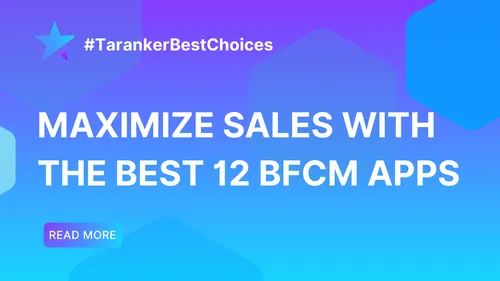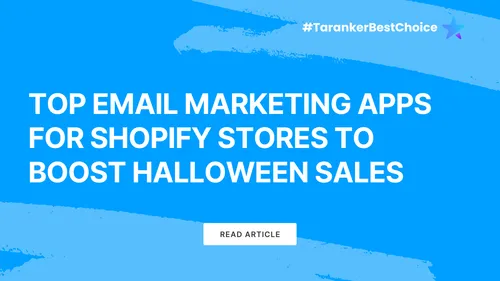
Print on Demand (POD) has revolutionized the way businesses and individuals create, sell, and distribute products. This innovative model allows entrepreneurs to design and sell customized goods without maintaining inventory or investing heavily upfront. While POD offers significant benefits, it also comes with challenges that should be carefully considered before diving into this business model.
In this blog, we’ll explore the advantages and disadvantages of print on demand to help you determine if it’s the right choice for your business.
Advantages of Print on Demand
1. Low Startup Costs

One of the most attractive aspects of POD is its affordability. Since products are only created after a customer places an order, there’s no need for large upfront investments in inventory.
Benefits:
-
No need to rent warehouse space or manage stock.
-
No financial risk of overproducing items that may not sell.
-
Low entry barriers make it ideal for small businesses or individuals.
2. Customization and Flexibility
POD offers unparalleled flexibility in product design. Entrepreneurs and creatives can easily customize designs and update product catalogs based on trends or customer preferences.
Benefits:
-
Allows for niche targeting with highly specific designs.
-
Products can be updated or replaced without affecting existing inventory.
-
Enables personalization, such as adding customer names or unique graphics.
3. Minimal Risk
Traditional businesses face the risk of unsold inventory, especially when launching new products. POD eliminates this concern by producing items only when an order is placed.
Benefits:
-
Eliminates waste from overproduction.
-
Allows businesses to experiment with different designs or products without financial risk.
-
No risk of outdated inventory.
4. Easy Integration with E-commerce Platforms

Many POD services seamlessly integrate with popular e-commerce platforms like Shopify, Etsy, and WooCommerce. This makes it easy to set up and automate the order fulfillment process.
Benefits:
-
Simplified order management.
-
Automatic syncing between the POD service and your store.
-
Ability to manage everything from one central dashboard.
5. Scalability
POD businesses can easily scale without significant additional investment. Whether you’re selling a few items a month or thousands, the model adapts to your growth.
Benefits:
-
No need to hire more staff or invest in storage as orders increase.
-
Flexible production schedules to accommodate seasonal demand spikes.
-
Easy to expand product offerings or explore new niches.
Disadvantages of Print on Demand
1. Lower Profit Margins
Since POD involves producing items one at a time, the cost per unit is higher compared to bulk production.
Challenges:
-
Higher costs mean slimmer profit margins for sellers.
-
Businesses may need to price products higher to maintain profitability, which could deter price-sensitive customers.
Solution:
-
Focus on offering unique designs and added value to justify premium pricing.
-
Optimize marketing efforts to target niche audiences willing to pay more for custom items.
2. Limited Product Options

While POD providers offer a wide range of products, the selection may still be limited compared to what’s available through traditional manufacturing.
Challenges:
-
Some specialized products may not be available for customization.
-
Quality and customization options can vary between POD providers.
Solution:
-
Research and partner with multiple POD suppliers to access a broader range of products.
-
Test sample products to ensure quality aligns with your brand standards.
3. Longer Fulfillment Times
POD products are manufactured after an order is placed, which means customers may have to wait longer for delivery compared to pre-made items.
Challenges:
-
Extended production and shipping times can lead to customer dissatisfaction.
-
Limited control over shipping timelines, especially for international orders.
Solution:
-
Clearly communicate production and shipping times on your website.
-
Work with POD providers offering faster fulfillment options or local production facilities.
4. Quality Control Issues

Since you don’t handle the production process, ensuring consistent quality across orders can be challenging.
Challenges:
-
Variations in print quality or material can result in customer complaints.
-
Difficult to verify the accuracy of each order before it’s shipped.
Solution:
-
Order samples from your POD provider to evaluate product quality.
-
Partner with reputable POD services known for consistent production standards.
5. Dependence on Third-Party Providers

POD businesses rely heavily on external suppliers for production and fulfillment. Any issues with the provider can directly impact your operations.
Challenges:
-
Delays, stock shortages, or operational errors by the provider can affect customer satisfaction.
-
Limited control over packaging and branding.
Solution:
-
Diversify by working with multiple POD providers.
-
Regularly monitor the performance of your chosen supplier and maintain open communication.
Is Print on Demand Right for You?
The print on demand model is ideal for:
-
Entrepreneurs looking to start a low-risk online business.
-
Creatives and artists who want to monetize their designs.
-
Businesses that prioritize customization and personalization.
-
Those who want to test new product ideas without financial risk.
However, it’s important to weigh the challenges—like lower profit margins and fulfillment delays—against the benefits. Success in POD often depends on choosing the right niche, partnering with reliable providers, and creating a strong marketing strategy.
Conclusion
Print on Demand is a transformative business model that enables individuals and brands to launch and grow online businesses with minimal upfront investment. While it offers incredible flexibility and scalability, understanding its limitations is crucial for long-term success.
By leveraging the advantages and mitigating the challenges, you can build a thriving POD business that delivers value to your customers and helps you achieve your entrepreneurial goals.
Are you ready to start your print-on-demand journey? Begin today and bring your creative visions to life!













